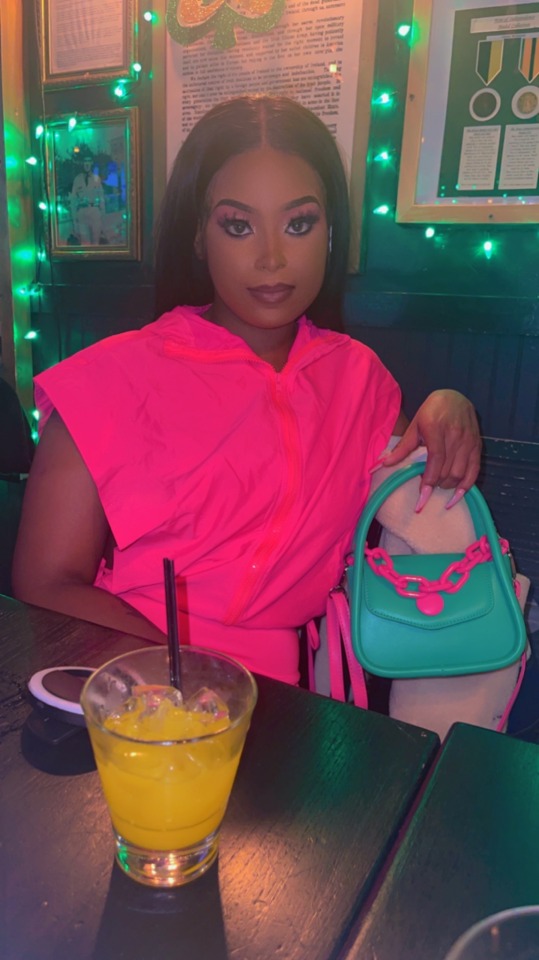#Black Lifestyles Matter
Explore tagged Tumblr posts
Text
What Would an Economy That Loved Black People Look Like? - Non Profit News | Nonprofit Quarterly
What would it look like if the economy loved Black people? I hold this question in my heart every day as I reflect on our current economic conditions and strategize about building a reimagined economy rooted in equity, justice, and liberation.
To be serious about closing the racial wealth gap and building an economy that loves Black people, we need to focus our attention on the US South.
One thing I am certain of is that the systemic barriers and inequities that are embedded in present financial structures have no place in a reimagined economy. I would further contend that to transform our economy into one that loves Black people, movements need to get more intimate with the topic of power. Alicia Garza defines power as “the ability to change your circumstances and the circumstances of other people.” She talks about how being precise about power helps us be precise about strategy. Without a clear destination, the steps that are taken are going to be disordered.
As a financial activist and reparative capital investor, power and power building in this context means shifting financial policies, practices, and infrastructure into ones that seed and sustain change. It means joining with values-aligned wealth holders and investors to disrupt power by dismantling the systems that have obstructed Black communities from building generational wealth. And it means that to be serious about closing the racial wealth gap and building an economy that loves Black people, we need to focus our attention on the US South, where roughly 56 percent of Black people in the United States call home. We must invest in the Southern Black creatives, innovators, and leaders who are the biggest exporters of culture around the world and on the frontlines of change and community power building.
Closing the Racial Wealth Gap in the South
US researcher and agricultural law expert Nathan Rosenberg has said, “If you want to understand wealth and inequality in this country, you have to understand Black land loss.” Jubilee Justice, an organization founded by Konda Mason, who serves as the strategic director of my firm RUNWAY, recognizes that land ownership provides a pathway to create generational wealth, access financial resources, have agency over agricultural and sustainable land management practices, and foster community resilience.
In the rural South, Black farmers have historically experienced—and continue to experience—a lack of access to agricultural resources and credit. They also continue to face discrimination, and exclusion from government programs, loans, and subsidies. This result is the loss of farmland and restricted opportunities for economic growth.
Of all private US agricultural land (excluding Indian Country), according to a US Department of Agriculture study, White people comprise 96 percent of farmers, own 98 percent of the acres, and generate 97 percent of farm earnings. From 1900 to 1997, the number of Black farmers decreased by more than 97 percent; in the South, Black landowners lost 12 million acres of farmland over the past century, amounting to $326 billion worth of lost land in the United States due to discrimination.
The unjust policies that denied, dispossessed, and restricted Black individuals and communities of land ownership in the past have cast a long shadow. Policies that have routinely prevented Black communities from building generational wealth, like redlining and denying Black people mortgage loans and insurance, persist and are reflected in the massive racial wealth gap we’re still seeing today.
Even as the struggles for civil rights, inclusion, and economic justice gain ground, investment in the South remains uneven. Grantmakers for Southern Progress shares that the South receives less than three percent of all philanthropic investment in the United States. We must increase philanthropic action to build the capacity of community-based organizations and networks leading structural change work in the region.
As Tamieka Mosley of Grantmakers for Southern Progress and Nathanial Smith of the Partnership for Southern Equity, share: “If the South—the birthplace of historic and destructive inequities—rallies to end structural injustice, it can model for the country what the journey toward racial justice and equity looks like.”
Black communities continue to experience the ongoing legacy of slavery and racism through blatant discrimination from financial institutions whose inequitable lending practices limit Black entrepreneurs from attracting early critical investments. On average, early-stage entrepreneurs need about $30,000 in capital to get their initiatives off the ground, with friends and family of entrepreneurs on average providing $23,000 or more than three quarters, of the needed amount. All told, nationally friends and family investing exceeds $60 billion a year, nearly three times the investment level of venture capitalists.
However, not everyone has equal access to this vital source of capital. In 2019, the median White family in the United States had $184,000 in wealth compared to just $38,000 and $23,000 for the median Latinx and Black families, respectively. With this racial wealth disparity, Black entrepreneurs are less likely to receive early-stage funding from friends and family—a critical lifeline for business startups and growth opportunities.
It is especially critical because capital from friends and family typically has more flexible lending terms and is not tied to a person’s credit score; rather, it is based on the level of trust people have in the preparation of the business owner. These relationships and informal networks also provide other nonfinancial resources such as business advising, referrals, and support systems. For many Black entrepreneurs, particularly women, racial wealth inequality is the leading factor in why their great ideas never leave the napkin.
RUNWAY believes giving every Black entrepreneur access to the “friends and family” round of investing will be transformational for Black communities. The key to this process, as mentioned, is trust.
By infusing trust into exploitative and extractive systems, we can facilitate pivotal early-stage investments along with wraparound entrepreneurial ecosystem support like business coaching and advising. We can provide “friends and family” funding using patient, flexible capital to advance resiliency for Black businesses and the communities they serve.
Investing in people and places that have been historically excluded from traditional investment support will always appear risky to foundations and fund managers. The best antidote to that risk is to build trust-based, honest relationships with local community leaders and changemakers who deeply understand the region and the specific needs of that region. In the South, those relationships will be based on listening, mutual aid, and physical presence. These types of relationships are critical to making investments that shift the balance of power toward equity and wealth regeneration for Black communities.
Listening to the Community
I recently gathered in my home state of Alabama with a delegation of fund managers, investors, and philanthropists to bring reparative finance to the people and places that have been systemically blocked from wealth building opportunities as part of RUNWAY ROOTED, my organization’s latest initiative to invest in Southern Black entrepreneurship, creativity, and innovation.
It takes long-term, non-extractive, reparative investments . . . to undo the systemic design of racial hierarchy and imagine new possibilities.
We spent a week moving through the region to learn from community leaders, creatives, and local representatives about the unique economic challenges in the area. The experience illuminated the fact that Black business ownership is a mechanism that not only builds economic power, but social and political power as well.
Truth be told, in most cases, resistance from investors and wealth holders goes back to power. Those in power don’t want to let go of it. But the conversations like the ones we had in Alabama signal that things are changing. We must be deliberate in how we apply pressure. This involves deep collaboration between movement leaders, creatives, and community, as well as with investors, funders, and wealth holders. We must collaborate on ways to work together and co-conspire to build collective power.
Building collective power takes telling the truth about why Black people in places like Jackson, MS remain deeply entrenched in age-old, stubborn barriers to economic opportunity. It takes investors who are willing to reckon with a history that built wealth by stealing land from Indigenous nations and extracting free labor from enslaved Africans—and to invest in repairing the conditions that presently uphold the racial wealth gap. And it takes long-term, non-extractive, reparative investments that remind us that the real work is to undo the systemic design of racial hierarchy and imagine new possibilities.
Investing in Southern Creatives
Shaping our collective future into one that loves Black people needs the joy, inspiration, and useful critique of our political, economic, and social systems that come from creative thinkers and makers through their art, organizing, and visionary disruption. To tap into this dynamic force of change, it is vital to ensure that the extractive finance of the past does not block our collective ability to invest in the talent and innovation of the future.
This work requires long-term, flexible commitments of capital, time, and . . . support for Black-led businesses and innovation in the South.
Reimagining and collaboratively shaping a world where Black people are loved means prioritizing investments in creative entrepreneurs and creative placemaking. It means investing in places like Gee’s Bend, AL, to bring long-term business capital to the women who carry the legacy and tradition of West African quilting—one of the most important cultural contributions to the history of art in the United States. It means partnering with organizations like Upstart Co-Lab and Souls Grown Deep Foundation, who journeyed with us in Alabama, to invest in the arts, cultural, design, and innovation industries in the South with a mission toward repair and justice.
Philanthropy and investments that are transformative and inclusive are not only about diversifying the seats at the decision-making table. They also invite multiple voices into the design rooms where the table is carved out and set, ensuring it is broad and deep enough to nourish the future of local and national communities.
This work requires long-term, flexible commitments of capital, time, and capacity with a willingness to resolve disparities in funding and support for Black-led businesses and innovation in the South. It’s also necessary to acknowledge that the economic development programs that work for coastal metros or major cities may not be the same for the South—and need to be thoughtfully adapted to meet the distinct community needs, local infrastructure, and pulse of the region. By listening deeply and building authentic relationships with community leaders, community transformation over time can occur on community terms. Through this process, people are transformed—and so are community social and economic conditions.
I’ve always felt like investing in artists, creatives, and innovators does what Nina Simone famously said: “An artist’s duty, as far as I’m concerned, is to reflect the times.” Simone believed that artists and creatives have a responsibility to create work that reflects and addresses the social, political, and cultural climate of their era; that art has the power to serve as a mirror of society, bringing attention to important issues and fostering dialogue and understanding.
Today, the creative economy represents $985 billion in economic opportunity. This is also a time when art from creators like Amanda Gorman, who became the youngest inaugural poet in US history when she performed “The Hill We Climb” during President Joe Biden’s inauguration in 2021, is being banned in Florida schools. Responses like this tell us that art does indeed have power. Creativity has power. Innovation and truth-telling have power. And power is transformative.
…..
Building an economy that truly loves Black people requires a profound shift in financial structures and the way money moves. Investing in the South and supporting Southern Black creatives, innovators, and leaders is a pivotal step in redressing land loss and the discriminatory lending practices Black entrepreneurs continue to face.
We live in a moment of incredible opportunity. The mission (and the challenge) here is to take this moment and turn it into a movement that sustains the transformative work required to build an economy where we all have the power—and the right—to thrive.
#What Would an Economy That Loved Black People Look Like#Black Economics#Black Peoples Money#Black Money Matters#Black Finance#Black Lives Matter#Black Lifestyles Matter#Finance#financial structures#Black Entrepreneurs
2 notes
·
View notes
Text
bookersquared
She really thought she was exempt. Aw, puddin'. Lol, no.
Not them using their kids to try and look human. lol, no.
#Wife#Mother#Lifestyle#maga#maga women#trump supporters#trump sycophants#republicans#hypocrisy#donald trump#politics#elongated muskrat#fuck elon#elon musk#trump#presidential election of 2024#maga cult#fuck maga#maga morons#maga 2024#gop#democrats#black lives matter
200 notes
·
View notes
Text

#paulo andré#PA#quote#photo#famous#pic#black lives matter#singer#blm#style#black boys#boys#sprint#atletismo#atletas#nike#fashion#street style#outfit#blackmen#black man#luxury#luxury aesthetic#luxury lifestyle#black men#sexy black men#black male#melanin#black excellence#blackboymagic
15 notes
·
View notes
Text
Black-owned #designerwatch brand, Springbreak Watches. The family is busy over there! Support and check them out in your local Nordstrom, Macys & Belk also.
SPGBK.com
#black owned#black owned businesses#watches#luxury watches#brands#black economics#black business#black entrepreneurs#black excellence#black owned business#support black owned#entrepreneur#business owner#lifestyle#essentials#black owned brands#black liberation#black lives matter#black people#black women#black community#black culture#jewelry
5 notes
·
View notes
Text

Why do Humans Have Racial Differences? Why Can't we All Just Get Along?
Humans have racial differences primarily because of the process of natural selection, where populations adapted to different environments over long periods of time, resulting in variations in physical traits like skin color, hair texture, and facial features, primarily driven by geographical isolation and exposure to varying environmental factors like sunlight levels and climate; however, it's important to note that the concept of "race" is not biologically distinct, and most genetic variation exists within, rather than between, populations considered different races.
Key points about racial differences:
Adaptation to environment: Skin color is a prime example, with darker skin tones evolving in regions with high UV radiation to protect against skin cancer, while lighter skin tones developed in areas with less sunlight to facilitate vitamin D synthesis.
Genetic drift: When small groups of people migrate and establish new populations, they may carry a different genetic makeup than the original population, leading to distinct traits.
Gene flow: While populations may develop distinct characteristics, ongoing intermixing between groups limits the development of sharp boundaries between "races".
Social construct: While biological variations exist, the concept of "race" as distinct categories is largely a social construct with no clear biological basis, as most genetic variation occurs within populations, not between them.
#politics#social media#government#donald trump#covid#black lives matter#travel#lifestyle#human nature
2 notes
·
View notes
Text
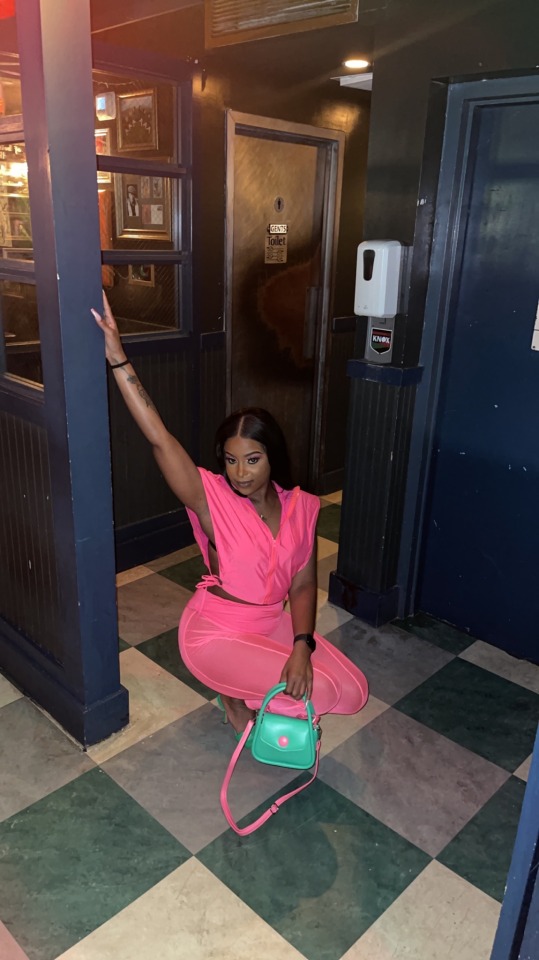
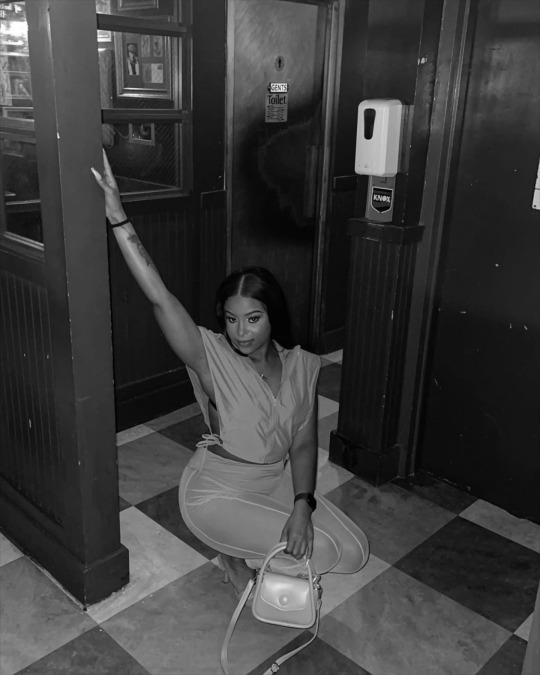
Strawberry Kiwi 🍓🥝
#melanin#black women#selfcare#lifestyle#bellaport#melanin poppin#black girls killing it#melaninpoppin#black lives matter#kiwi#strawberry#flavor#FYP#fyp2023#July 4th
27 notes
·
View notes
Text
My Shadow Work Journals are available for purchase on Amazon. Please support.
#shadow work#shadow work journal#shadow work prompts#inner child#self improvement#healing journey#self healing#healing#self help#self love#self care#soft life#soft girl#soft lifestyle#black authors#female authors#mental health#mental health matters#mental heath awareness
49 notes
·
View notes
Text
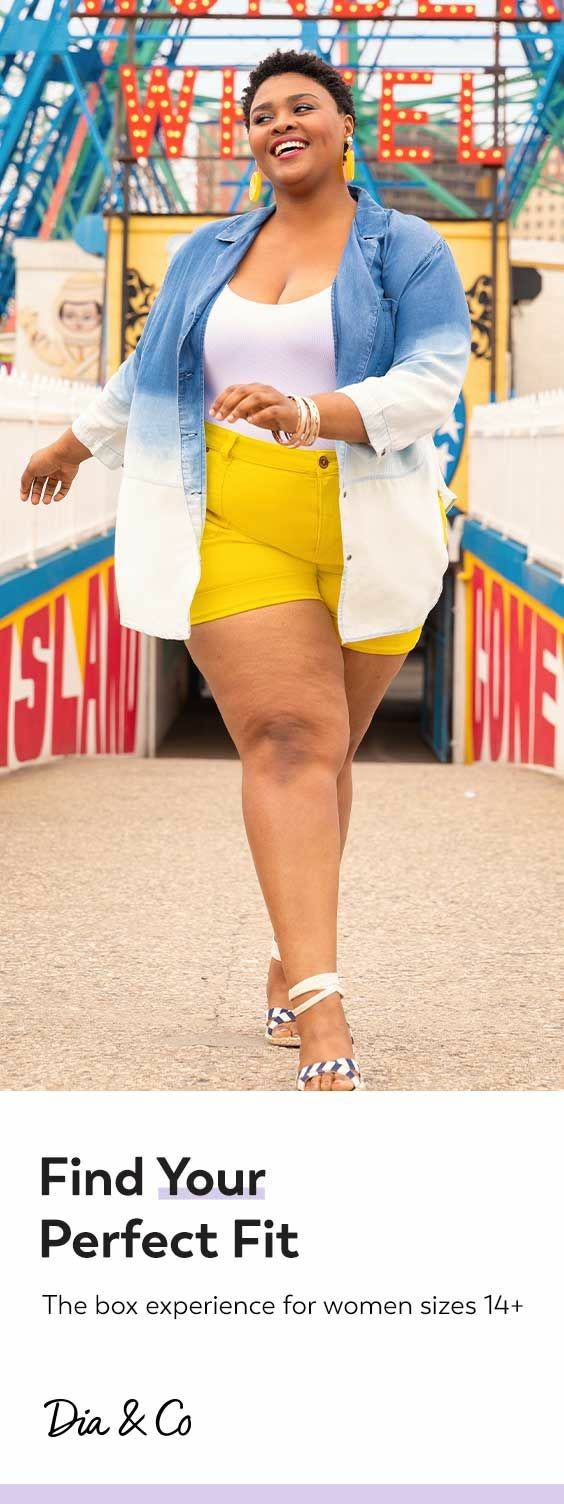

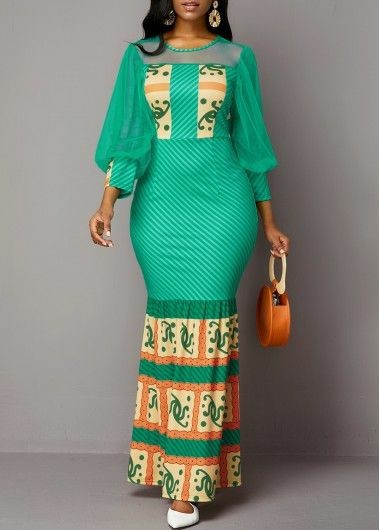
#blackandbeautiful#black woman icons#blackandproud#black woman power#black woman standard of beauty#black woman is god#melanina#melanin#black woman magic#black woman matter#fashion blog#beauty blog#lifestyle blog#blog de la moda#black and brown goddesses
10 notes
·
View notes
Text
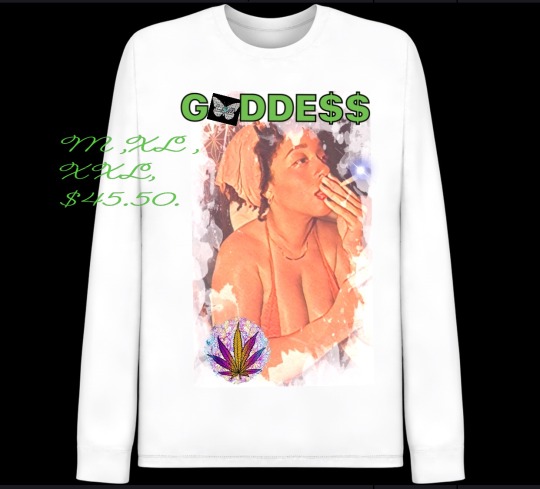
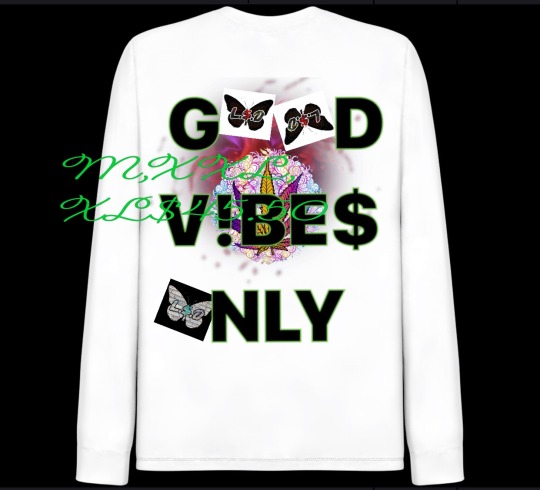
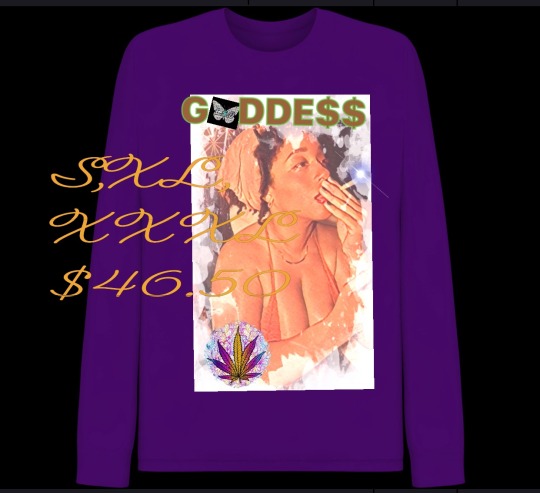
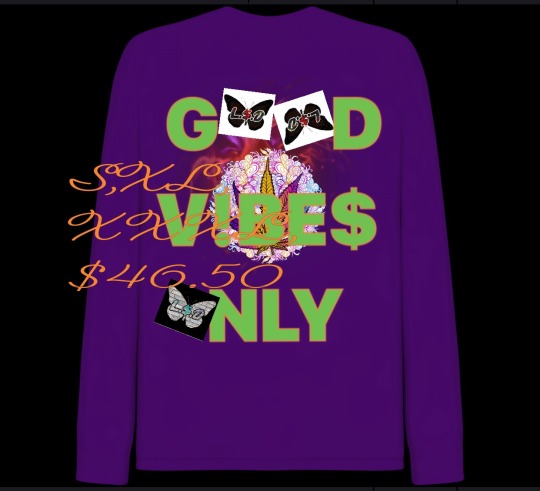

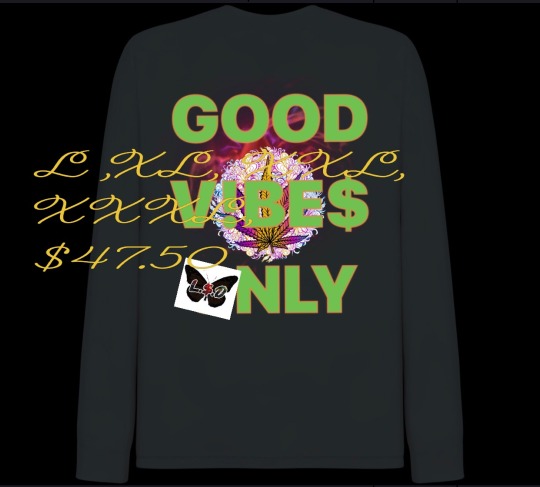
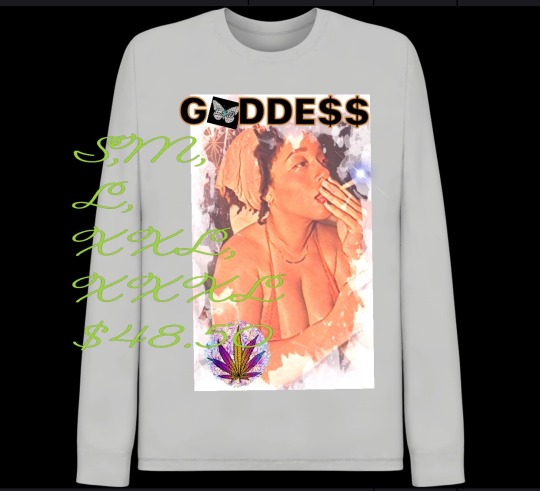
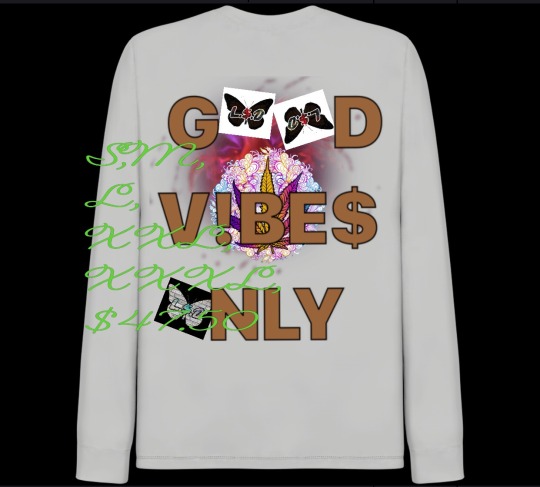
#lifestyle#art#bet365#black love#black queen#family#mtv#vh1#springfield massachusetts#black magic#artist#movies#r&b#hip hop#IG:Chitopiaaa#black women matter
3 notes
·
View notes
Text

Why do Humans Want to be Around Each Other? #humans naturally want to be around each other because it's deeply ingrained in our biology; we are social creatures who thrive in communities, finding safety, support, and cooperation through connection with others, which is essential for survival and well-being; this need for social interaction is often driven by the desire for companionship, emotional support, and a sense of belonging. #people#alone
Our brains and bodies are wired for empathy, cooperation, generosity, and connection. Humans are social creatures with a propensity to connect with others and to form relationships. Our relationships can be sources of fun, gratification, peace, well-being, obsession, love, pain, and grief. HUMAN #nature.
#black lives matter#human nature#life#lifestyle#climate change#democracy#democrats#donald trump#economics#capitalism
1 note
·
View note
Text
Texas vs Ohio State game score: Score-by-score recap of Buckeye win in Cotton Bowl

#aespa#astro#auspol#aubrey plaza#black lives matter#billie eilish#blackpink#ateez#andrew garfield#bruce springsteen#viral trends#market trends#art trend#rich#fashion trends#lifestyle#trending#luxury#jetset#chic#world news#breaking news#global news#public news#election#celebrity news#technology#fraud#news#government
0 notes
Text
Black Friday
Ladies on a Black Friday shopping spree The Origin Black Friday, now synonymous with frenzied shopping and deep discounts, has an interesting history. The term originally emerged in the 1950s in Philadelphia, where it was used to describe the day after Thanksgiving when massive crowds of suburban shoppers and tourists would flood the city ahead of the Army-Navy football game. This influx caused…

View On WordPress
0 notes
Text
all_things_democracy
It’s been a scam from day 1
#donald trump#politics#republican lies#project 2025#taxcuts for the rich#taxes#republicans#billionaire boys club#billionaire lifestyle#trump is a criminal#trump is a threat to democracy#trump is the enemy of the people#trump is a felon#taxcuts#economics#republicans hate america#democrats#black lives matter#republicans hate women
18 notes
·
View notes
Text
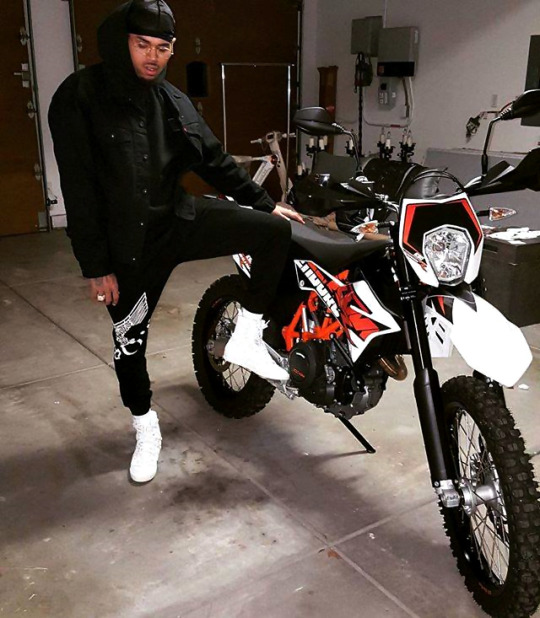
#chris brown#singer#r&b singer#actor#all black#famous#instagram#bikeride#black boys#boys#photo#pic#quote#style#luxury style#luxury lifestyle#luxurylifestyle#black lives matter#blm#lifestyle#black men#black man#pretty boys#nike#breezy#team breezy#music
53 notes
·
View notes
Text














#covid#donald trump#black lives matter#travel#lifestyle#politics#social media#government#europe#united kingdom#kobe bryant#prince harry
2 notes
·
View notes
